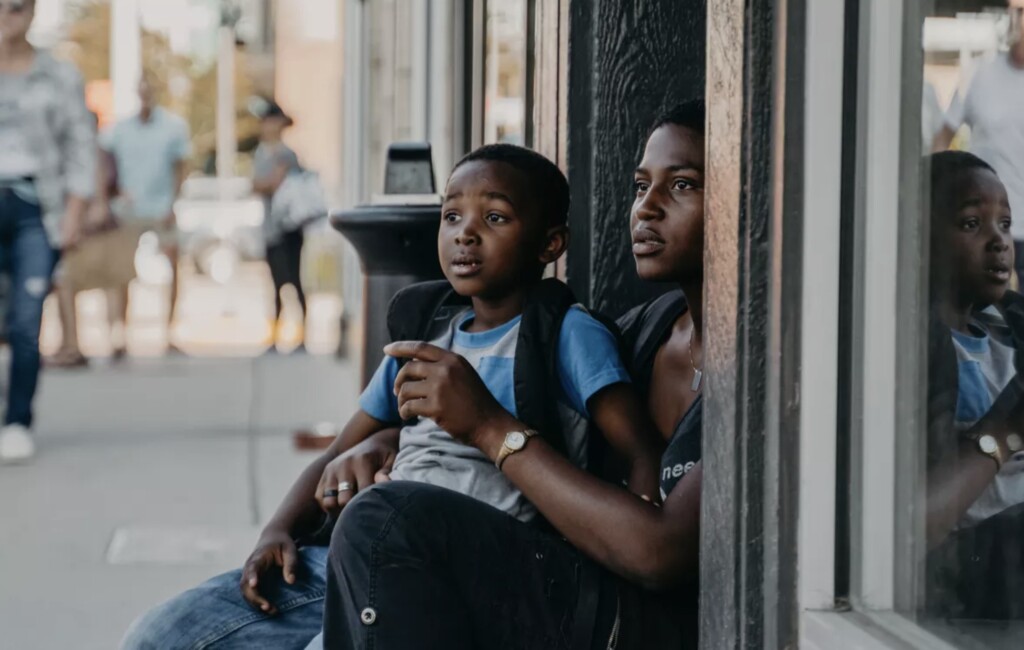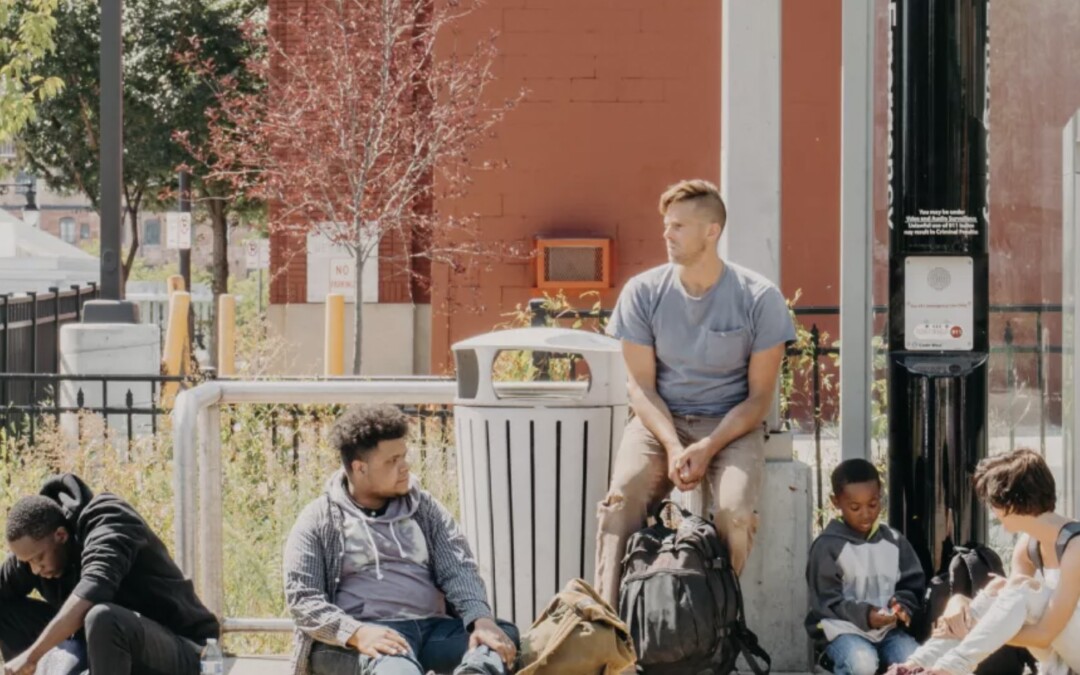Breaking down labels
I am extremely thankful for the lessons I learned from my father growing up. He was a successful small business owner, and I started working at a young age for him and the business. It was there that I learned the importance of hard work. I remember rolling my eyes at his response when I would complain about my friends going away for Spring Break while my siblings and I stayed back to work during one of our busiest weeks of the year. “You will be grateful for the lesson of hard work someday,” he said.
Many years later, I am grateful. One saying in particular I remember hearing when I was younger—a further indication of the hard work culture my family instilled and I am sure many other families instill, was “beggars can’t be choosers.” In my family, there was no problem hard work couldn’t solve. Hard work was always the answer. So, when I heard the same reminders many years later at the beginning of my career in homelessness mission work, they resonated with me.
I realize now it was because when I first started on this career path, I came into ministry work with the same misconceptions about homelessness that many have: “those people,” the homeless, choose to live a life of homelessness, and that all anyone needs to change their situation is a job; i.e. hard work. Hard work will answer the problem, just like it always does. Just like I was taught.
However, if a person is intentional in this line of ministry work and diligently seeks to build relationships with the individuals whom they are serving by getting to know them as people rather than a circumstance, I am confident they, too, will come to the same conclusion I finally did: the problem of homelessness is much more complicated than “get a job.”

I had to begin wrestling with what I thought I knew about homelessness and begin to understand the many reasons why people become homeless. In other words, I had to deconstruct my constructed beliefs. That effort is what reveals root answers that lead to lasting change in an individual’s life. In that exploration of deconstruction, however, I have uncovered several truths against the idea that “beggars can’t be choosers.”
Beggars CAN be choosers
While on the surface, it may seem moral and just to assume a beggar ought to be the grateful recipient of any aid, I think we must be honest that assumption is used to simply “put someone in their place.” To clarify that our knowing is better than, or more factual, than their knowing. It is a statement made to remind someone (else) of where they stand in the grand hierarchical scheme of giving and receiving. It allows me, as the giver, to let myself off the hook if my relief is substandard. I do not have to engage in the hard work of getting to know someone who is experiencing homelessness. I do not have to do the hard work of engineering the type of sacrifice that gets people out of poverty. All I have to do is say, “Well, beggars can’t be choosers,” and I hand the gravity of their reality back to them with no real change or help.
Conveniently, I assume the place of being the beneficiary of my own honor, and the recipient, ultimately, maintains their position of begging. It is dismissive at best; at its worst, it is destructive. And so the status quo continues…
If this is truly a matter of choosing, I must ask, did the individual who became homeless as a result of childhood trauma choose the trauma? Did the individual who became homeless as a result of mental illness choose illness? Did the addict who grew up without a proper support system and chose drugs as a coping mechanism actually choose addiction? The felon, who may certainly have made poor choices in his or her past, now faces a system that, no matter what positive choices they may make, often leads to their failure in equitable pursuit of a job and housing. More so, did the black man or woman left homeless choose the color of their skin? Right here in Grand Rapids, a black individual is exponentially more likely of becoming homeless than their white counterpart.
I have come to realize that it is the ability to choose actionable solutions that will promote the beggar from their begging situation. It is real solutions that require real involvement and real advocacy that will affect equitable change. These types of solutions require entire communities to step up, get involved, and offer a qualitatively sound approach to giving—one that is not, nor will ever be, satisfied with the beggar still begging as their outcome.
 Greg Weaver
Greg Weaver
Director of Culinary Services
July 2020


